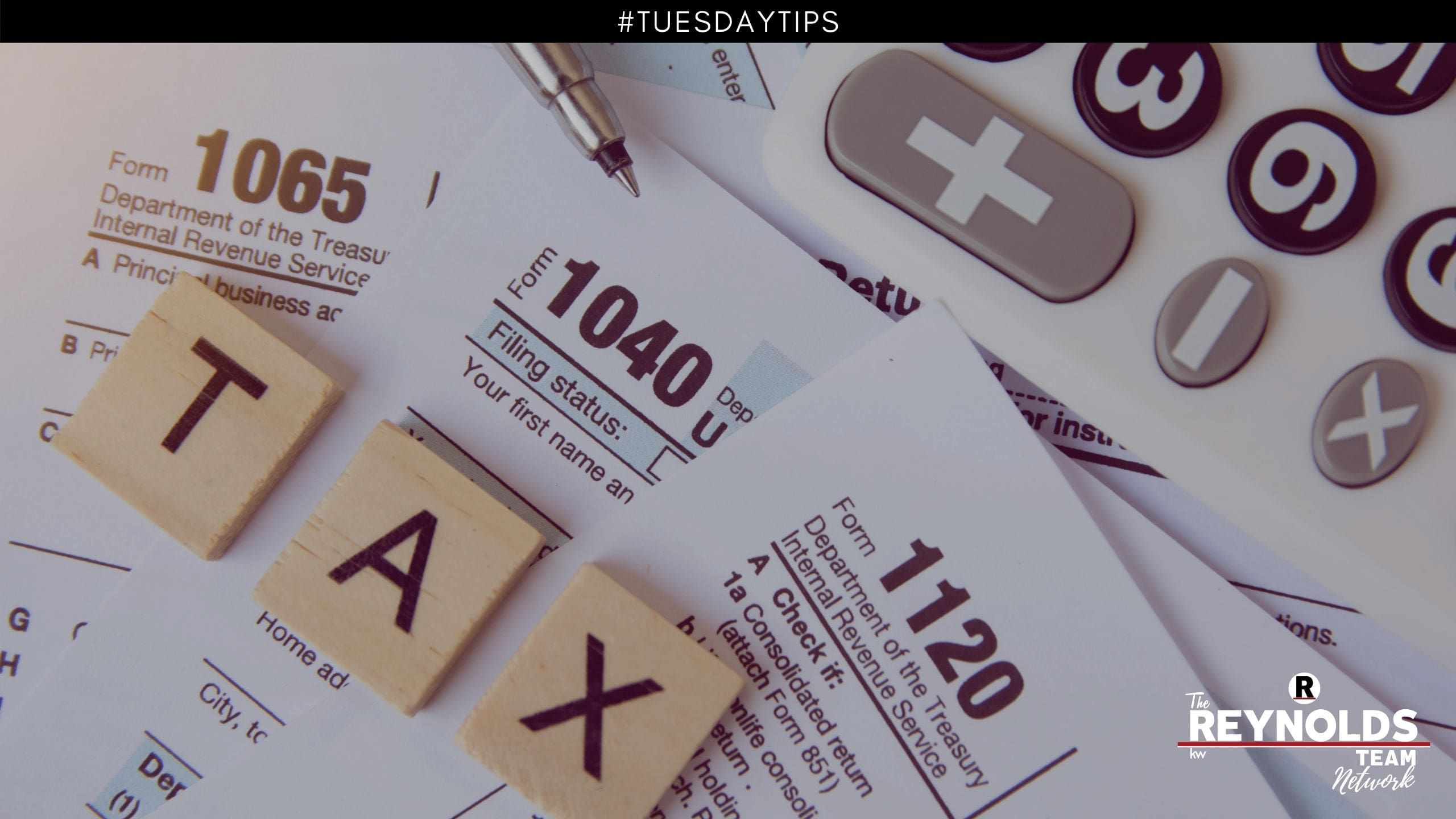Tax season is going to look a little different from years prior; with extended file dates, tax form drop-offs, new rules, and additional variations to what we’re used to, we’ve created a quick reference guide on what’s changed this year to help you get ready for tax season in 2021 (if you haven’t already).
1. Economic Impact Payment: According to the IRS, taxpayers who received an Economic Impact Payment should keep Notice 1444 with their 2020 tax records. The good news is your stimulus check will not count as taxable income. Instead, it’s being treated like a refundable tax credit for 2020. This means your stimulus check is being treated as an advance on money you would have received anyway as part of your tax refund in 2021. Also, you may be eligible to claim the Recovery Rebate Credit on your 2020 federal income tax return if you didn’t receive an Economic Impact Payment or your Economic Impact Payment was less than $1,200.
2. Paycheck Protection Program (PPP) Loans: The CARES Act also tried to help struggling small business owners stay afloat by offering them Paycheck Protection Program (PPP) loans. Last winter, the IRS announced that any eligible expenses you paid with money from those PPP loans can be deducted from your taxable income.
3. Unemployment Benefits: With the passing of President Biden’s Coronavirus relief package, aka the American Rescue Plan (ARP), in March, the first $10,200 of unemployment benefits tax-free if your annual household income is less than $150,000.
4. Retirement: The CARES Act allowed citizens under the age of 59 1/2 to take up to $100,000 out of their 401(k)s and IRAs up until the end of 2020 without having to pay an early withdrawal penalty. However, the money you take out of tax-deferred retirement accounts like a traditional 401(k) or IRA will be taxed as ordinary income, so get ready to pay taxes on any withdrawals you make.
5. IRS Free File: Many tax services offer drop-offs, where you can gather your files and leave them to be reviewed by your preparer. If they need any additional information, that’s when you will likely be called back to sit down with them. However, if you don’t have a tax preparer and aren’t using a service like TurboTax, starting in January 2021, the IRS is allowing almost anyone to file their taxes electronically for free on IRS.gov or with the IRS2Go app. The IRS Free File program, available only through IRS.gov, offers brand-name tax preparation software packages to use at no cost. The software does all the work of finding deductions, credits, and exemptions for you. It‘s free for those who earned $72,000 or less in 2020. Some of the Free File packages also offer free state tax return preparation.
6. New Deadline: The Treasury Department and Internal Revenue Service announced that the federal income tax filing due date for individuals for the 2020 tax year will be automatically extended from April 15, 2021, to May 17, 2021.




 By submitting information, I am providing my express written consent to be contacted by representatives of this website through a live agent, artificial or prerecorded voice, and automated SMS text at my residential or cellular number, dialed manually or by autodialer, by email, and mail.
By submitting information, I am providing my express written consent to be contacted by representatives of this website through a live agent, artificial or prerecorded voice, and automated SMS text at my residential or cellular number, dialed manually or by autodialer, by email, and mail.


